By joining the Djibouti Code of Conduct as an observer, India gains strategic heft in the Indian Ocean Region and can challenge Beijing's military influence
Recently, India decided to join the Djibouti Code of Conduct/Jeddah Amendment (DCOC/JA) as an observer after a high-level meeting held on August 26. This is a group on maritime affairs, including countries such as Djibouti, Ethiopia, Kenya, Madagascar, Maldives, Seychelles, Somalia, United Republic of Tanzania and Yemen, all from the Red Sea, the Gulf of Aden, the east coast of Africa and island countries in the Indian Ocean Region (IOR). Member nations include South Africa, Sudan and the United Arab Emirates. Recently Japan, Norway, UK and the US have also been included as observers of DCOC/JA. So India’s inclusion would increase its political stake in these waters and help it use the collective heft with other nations to tame Chinese expansionist tendencies.
The alliance came into being in January 2009 under the International Maritime Organisation (IMO). It initially focussed on piracy and armed robbery against ships in the western IOR, the Gulf of Aden and the Red Sea. In 2017, other issues like the environment, human trafficking and illegal fishing were added. But it is the Jeddah Amendment that is significant. At a high-level meeting of the countries that signed the DCOC in Jeddah in January 2017, 17 signatory nations agreed to adopt a revised code of conduct. They agreed to work closely with the IMO and other stakeholders to build national and regional capacities in addressing broader maritime security issues and enabling the sustainable development of the maritime sector. And at the same tim, the code emphasised the important role of the “blue economy” in supporting sustainable economic growth, employment, food security and stability.
The Horn of Africa is of great strategic importance from a commercial and economic point of view because it is coveted by major powers of the world. Djibouti’s role is most important here. It may be a small country in terms of area and population but enjoys great geo-strategic importance. It commands the narrow entrance to the Red Sea on the southern end (from the Gulf of Aden side) with Egypt on the northern end. Every day millions of oil barrels and other oil products pass through this route to different destinations. Due to its important position, it hosts military bases of about nine countries, including the US, France, Italy and China. After the 9/11 attacks on the US, Washington established its largest permanent base in Djibouti, named Camp Lemonier, which houses at least 4,000 military personnel.
China has also expanded its military cooperation across the African continent in recent years as part of its national defence policy. On July 11, 2017, Beijing sent two warships across the Indian Ocean to Djibouti, the main objective of which was to establish China’s first overseas permanent military base. Work started formally on August 1, 2017. Djibouti is at the centre of China’s maritime policy as it is located at the northwest end of the Indian Ocean, allowing it to checkmate India. Its naval base here could prove to be the pillar of its oceanic strategy, known as the “string of pearls” or friendly islands in the sea route connecting China to West Asia. It is a crucial link in its ambitious “maritime Silk Route” plan.
The purpose of this network is to ensure the safety of China’s trade routes, its raw materials and oil-laden ships and the uninterrupted return of finished goods to Europe via the Gulf of Aden. India’s relations with the Horn of African nations like Ethiopia, Somalia, Eritrea, Sudan and Djibouti have been friendly since ancient times. Some historical researchers believe that economic and cultural relations existed between the two regions since 538 BC. All these nations share the same legacy of colonialism as well as the struggle for independence; India continued to support their anti-colonial fight even after attaining Independence in 1947. In the post-colonial period, India established the Special Commonwealth African Assistance Programme (SCAAP) in 1963. Its relations with the Horn of Africa countries have further strengthened through the Indian Technical and Economic Cooperation (ITEC), South-South Cooperation and other international fora. Now it is building on this historicity to emerge a key player in the region.
The strategic importance of the Horn of Africa for India can only be known from the fact that President Ramnath Kovind made his first foreign trip to two African countries — Djibouti and Ethiopia. During his visit, he remarked, “India and Djibouti have had historical connections and mutual contacts for a long time. Now we should try to rediscover this shared history and identity. Not only for the old times but to build a contemporary partnership, it is necessary to make the utmost effort to revive this shared heritage of ours. The potential of marine resources and engagement with the Indian Ocean has immense potential to create a sustainable future.” The President also said that “Djibouti is a strategic country, located near the Gulf of Aden. For India, it is an important partner of the Indian Ocean. In 2015, during the Yemen crisis, as part of Operation Relief, at the time of evacuating citizens and people from other countries, Djibouti supported India’s efforts.”
As an observer nation, India can boost its influence in the IOR with new diplomatic equations. New Delhi is already strengthening its position in its surrounding waters as part of the Indo-Pacific policy through Project Mausam, Mission Sagar and Indian Ocean Rim Group. It can further increase its strategic footprint through blue economy initiatives. This will enable us to sustain the use of ocean resources for economic growth, create better livelihoods and jobs and ensure the health of ocean ecosystems.
On the other hand, Beijing is increasing its clout through its claims in the South China Sea and the East China Sea, the String of Pearls diplomacy and Belt & Road Initiatives (BRI). India can effectively neutralise it if it consolidates its hold in this region alongside the Quad initiative with the US, Japan and Australia.
(The writer is an Assistant Professor, Department of African Studies, Delhi University)







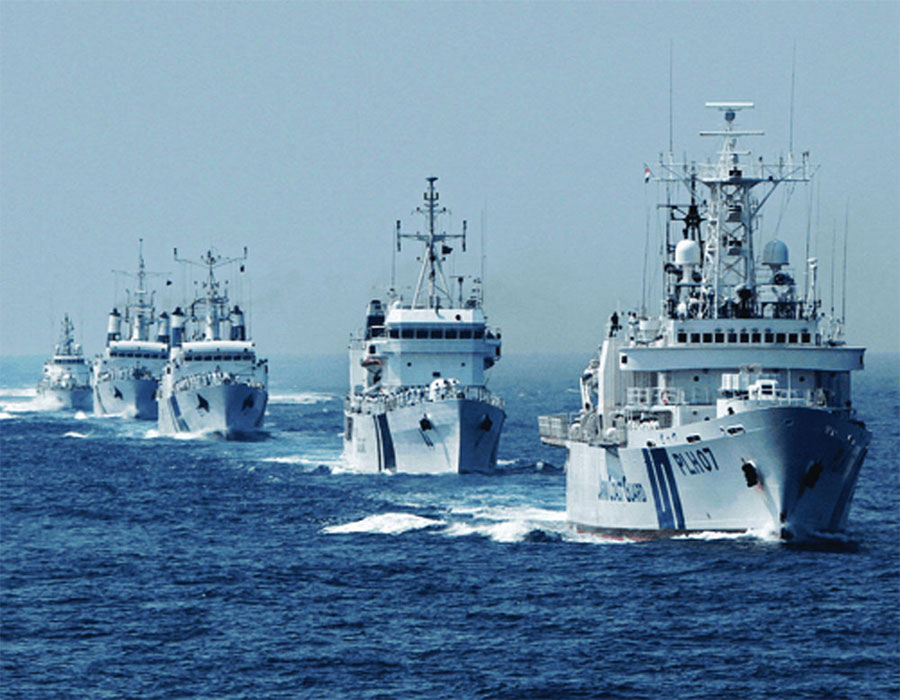
 OpinionExpress.In
OpinionExpress.In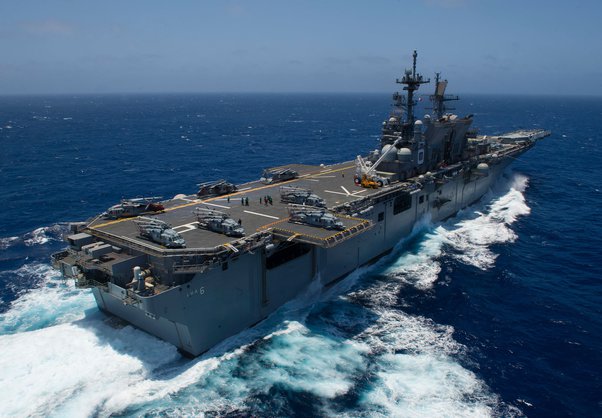
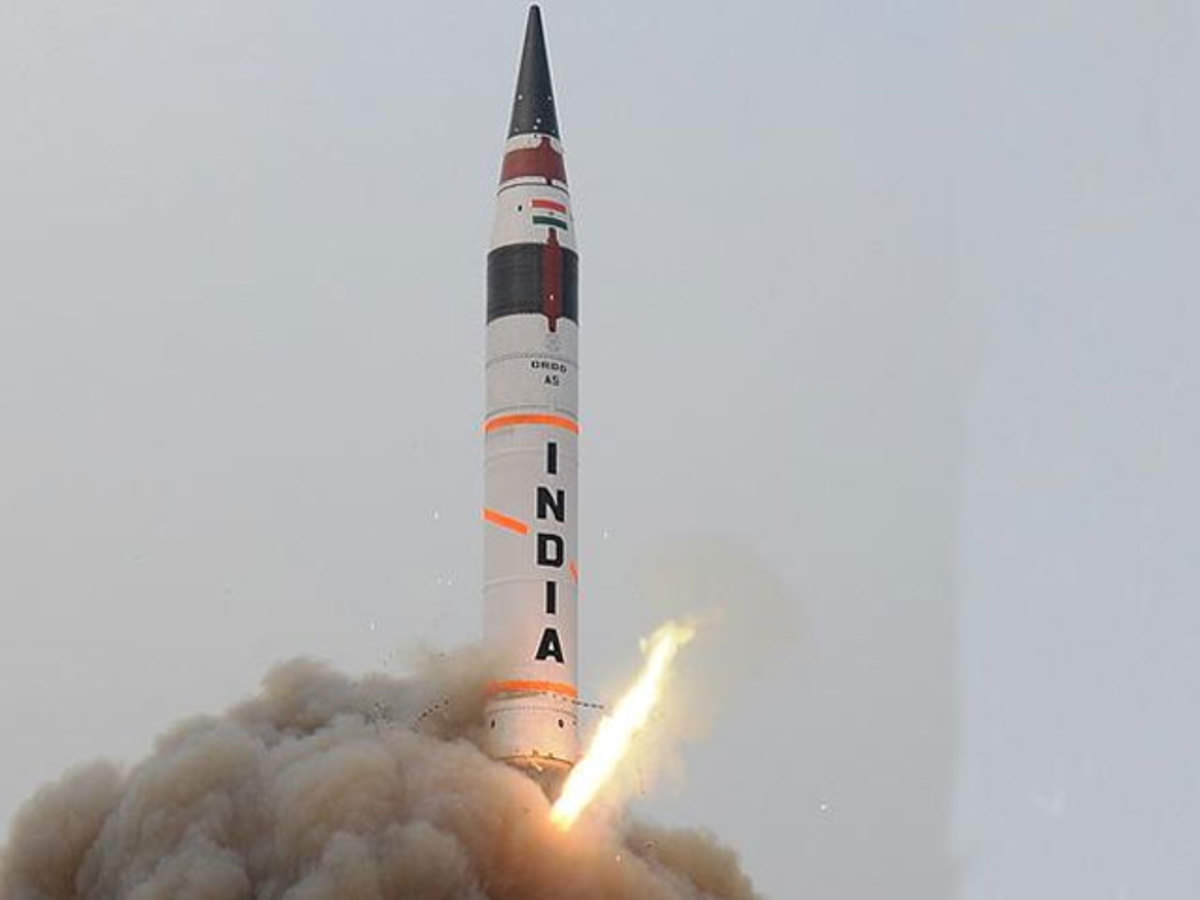


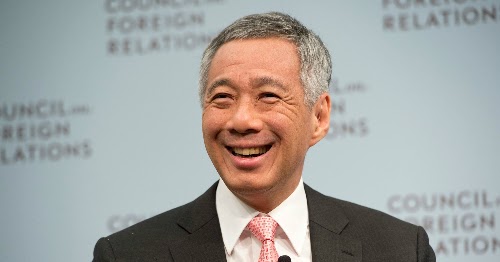


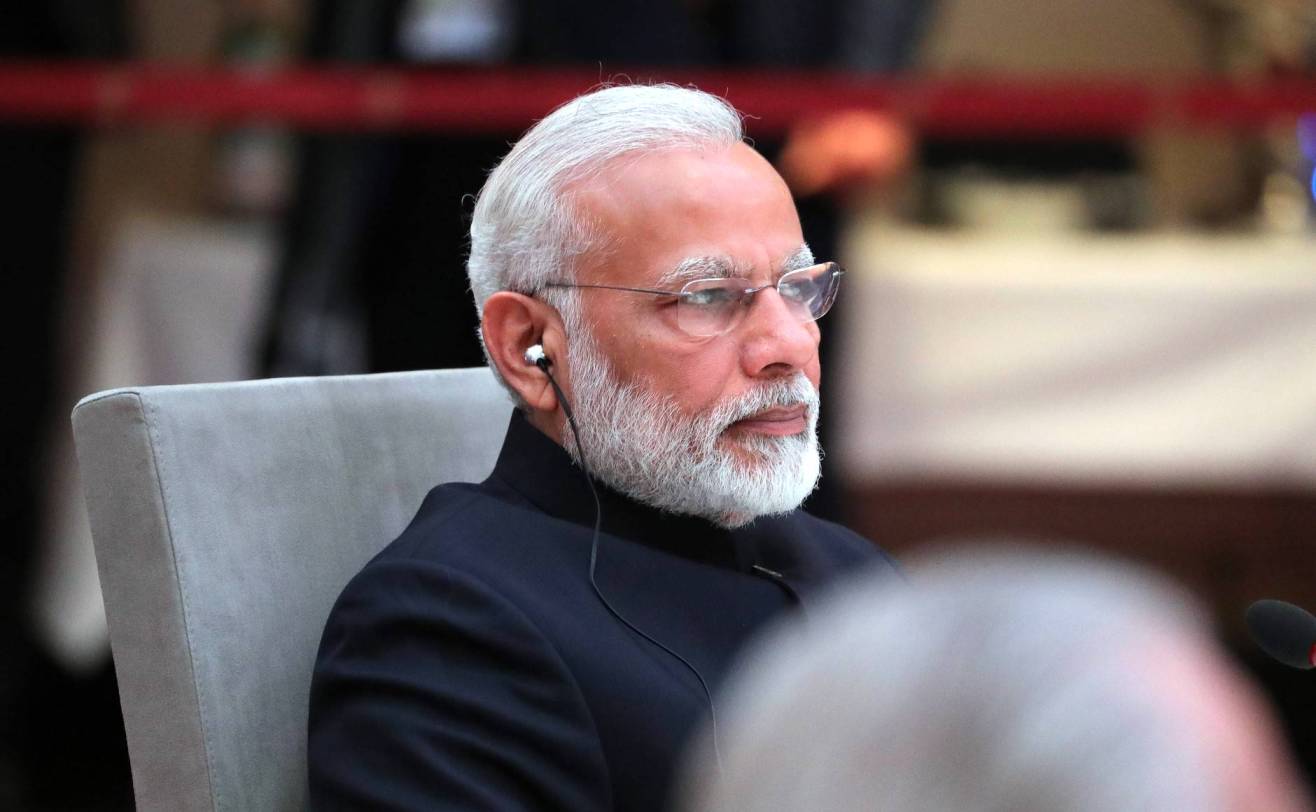








Comments (0)